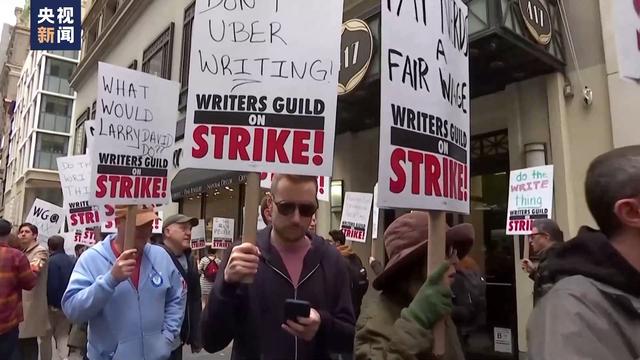Sora is Here: Whose Jobs Will It Disrupt, and Should Humans Be Afraid?
-
AI technology has once again stunned the world—OpenAI recently launched the video generation model Sora, which can not only create realistic and imaginative scenes based on text prompts but also produce seamless one-minute videos with astonishing consistency in characters, backgrounds, and more, allowing for smooth transitions between various shots.
In other words, with just a few prompts, Sora can generate a high-quality, one-minute-long, smooth short video. What’s even more incredible is that Sora can not only accurately grasp the complex meaning in user-provided text but also break it down into different elements and transform them into creatively conceived video content—almost as if it were the work of professional directors, cinematographers, and editors.

In the field of text-to-video generation, giants like Meta and Runway, as well as other startup competitors, are lagging far behind. For example, Runway can generate 4-second-long videos, which users can extend to a maximum of 16 seconds—previously the longest duration achievable for AI-generated videos. Stable Video and Pika can also provide 4-second and 3-second videos, respectively.
Sora’s multi-shot capability leaves its competitors in the dust. Previous AI-generated videos were single-shot, whereas Sora can switch between multiple angles while maintaining high consistency in characters, backgrounds, and style.
Additionally, Sora can generate videos from static images, extend existing videos, or fill in missing frames—it even seems capable of "self-learning"!
As with previous technological breakthroughs, such an impressive innovation has people wondering: Will it disrupt certain jobs? Could short videos, advertisements, or even blockbuster movies soon be "generated with a click" based on scripts?! Analysts believe that the traditional film industry is the first to be significantly impacted by Sora. On the day after Sora's release, Adobe, a company specializing in image processing and video production software, saw its stock price drop by more than 7%.
Currently, Sora is not fully open to the public, but based on some demo videos, Sora's videos exhibit a distinct cinematic style in composition, color, creativity, and camera work. Whether it's a single continuous shot or multi-angle filming, the transitions are seamless, and even the "actors'" expressions are remarkably lifelike—this poses a substantial challenge to the film, television, advertising, and gaming industries.

In reality, Hollywood has already been using AI to create images and videos, but it remains a thorn in the side of industry professionals. This thorn became painfully apparent last year—due to concerns about job displacement by AI and potential copyright disputes, Hollywood experienced its first industry-wide strike by writers and actors in 63 years.
Although last year's strikes led to temporary concessions from producers, with more regulations imposed on the use of AI tools, the sudden emergence of Sora has made this threat more immediate and real. In the next round of labor negotiations three years from now, actors and writers may face even greater challenges as AI capabilities are bound to have advanced significantly.
Now, it's not just writers and actors. A survey of 300 Hollywood industry leaders conducted by CVL Economics last month revealed widespread anxiety across Hollywood. 36% of respondents said generative AI has already reduced the demand for routine skills in their companies, and 72% of the surveyed companies were among the earliest adopters of generative AI tools. The more brutal reality is that 75% of respondents admitted that generative AI (tools, software, models) has already prompted their business units to cut and consolidate jobs. Those who control the order of the Hollywood industry predict that more than 200,000 jobs in Hollywood will be impacted by AI in the next three years, especially in post-production roles such as visual effects, sound engineers, and illustrators.
In addition, jobs like props, lighting, and editing could also be replaced. Hollywood's expertise in large-scale productions, such as set construction, cinematography, costumes, and props, may all be AI-generated in the future, leaving relevant personnel facing unemployment.
However, "smashed rice bowls" may be reshaped in other forms, such as an increased demand for text users.
